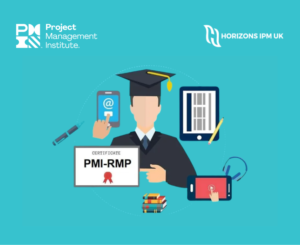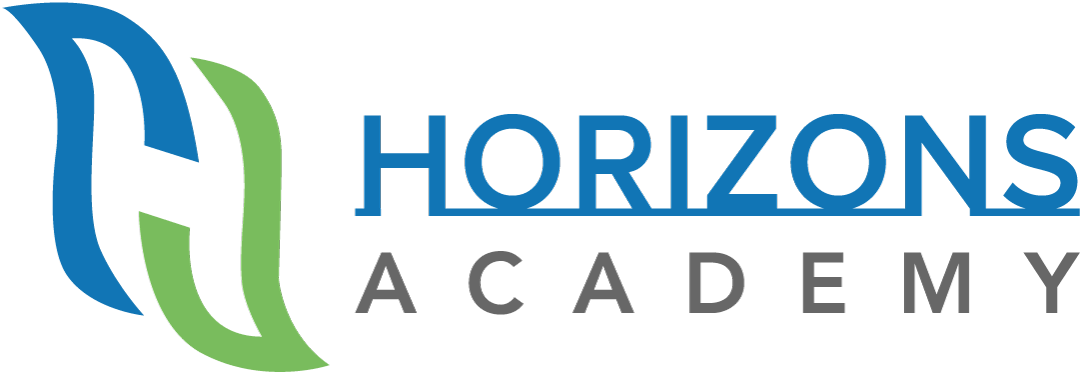Description
This course is designed to help you prepare for the PMI Risk Management Professional (PMI-RMP) test. The Risk Management Professional (PMI-RMP) credential from PMI provides a solution to the growing complexity, diversity, and expansion of project management. This is based on the PMBOK 6th Edition. The PMI-RMP, which is globally recognised and in high demand, fills a specialist role in project risk management. This certification honours the professional’s distinct ability and competency in analysing and recognising project risks, minimising threats, and capitalising on opportunities, while maintaining fundamental knowledge and practical application in all areas of project management. Obtaining the designation of PMI-RMP® distinguishes you from other experts and provides credit to your organisation.
Course breakdown
Course Content
INTRODUCTION TO PROJECT RISK MANAGEMENT
- Introduction
- Purpose of the practice standard for risk management
- Project risk management definition
- Role of practice risk management in project management
- Good risk management practice
- Critical success factors for project risk management
- Exercises
Chapter 1: PRINCIPLES AND CONCEPTS
- Introduction
- Definitions
- Individual risk and overall project risk
- Stakeholder risks attitudes
- Interactive process
- Communication
- Responsibility for project risk management
- Project manager’s role for project risk management
- Exercises
Chapter 2: RISK MANAGMENT PROCESSES
- Project risk management and project management
- Project risk management processes
- Purpose and objective of the plan risk management process
- Critical success factors for the plan risk management process
- Tools and techniques for the plan risk management process
- Documenting the results of the plan risk management process
- Exercises
Chapter 3: RISK MANAGEMENT PLANNING
- Plan approach to risk management
- Determine stakeholders and risk tolerance
- Understand roles and responsibilities
- Risk Owner, Project Manager and Team Members
- Develop risk and opportunities management plan
- Developing risk definition scales to rate risks
Chapter 4: RISK IDENTIFICATION
- Objective of the identity risk process
- Top down – Bottom-up Identification
- Critical success factors for the identity risk process
- Tools and techniques for the identity risk process
- Document action, research, interviews, and assumptions
- Review, brainstorming, flowcharting, Ishikawa Diagram, lessons
- Human factors in Identification
- 3 key factors risk analysis
- Documenting the results of the identity risk process
Chapter 5: QUALITATIVE RISK ANALYSIS
- Objective of the perform qualitative risk analysis
- Determining true risk impact
- Pre and post mitigation Characteristics
- Critical success factors
- Tools and techniques
- Determining Probability and Impact
- Documenting the results
Chapter 6: RISK RESPONSE PLANNING
- Purpose and Objectives
- Mitigation strategies
- Cost benefit of risk mitigation/opportunity promotion
- Mitigation plans
Chapter 7: RISK MONITORING AND CONTROLLING
- Risk Occurrences: Risk Triggers and fallback plans
- Monitoring mitigations and fallback plan status
- Re-evaluating existing risks and identifying new ones
Chapter 8: TOOL/TEMPLATES
- Sample risk break down structure
- How to calculative expected value
- Sample impact scale
- Sample risk register
- Difference between brainstorming and Delphi technique
- Monte Carlo Analysis report
- Probability impact matrix for threat and opportunities
- Schedule Risk Analysis
- Cause and effect diagram (Ishikawa or fishbone diagram)
- SWOT analysis framework
- Process flow chart
- Risk identification
Entry Requirement
To sit your PMI-RMP certification exam, you’re required by PMI to meet the following pre-requisites:
- A minimum 4500 hours of professional project risk management experience within the last 5 years and 40 hours of project risk management education if you hold a high school diploma or equivalent.
Or
- 3000 hours of professional project risk management experience within the last 5 years along with 30 hours of project management education if you hold a bachelor’s degree or above.
Gaining Skills
Upon completing this PMI Risk Management Professional course, you will be able to demonstrate to potential employers your competency in the following:
- Assessing stakeholder risk tolerance
- Building stakeholder consensus
- Collaborating with stakeholders
- Managing teams in multicultural environments
- Influencing change
- Using analytical software tools for project risk management
- Estimating probability and impact of identified risks
Knowledge in:
- Project risk management processes, frameworks, and theory (in line with the PMI Practice Standard for Project Risk Management)
- Basic project management theory, methodologies, and practice (as described in the PMBOK guide)
- Risk principles and guidelines
- Communication tools, techniques, models, and channels.
- Facilitation tools and techniques
- Negotiation tools and techniques
- Leadership theory as it relates to risk management
- Organizational theory as it relates to risk management
- Risk taxonomy
Student Benefits
- High-quality online course materials and mock exams.
- Tutorials/materials from leading industry experts.
- Access step-by-step tutorial videos to help you prepare for your final certification exam.
- Access your course on Mobile, Tablet or Desktop.
- Excellent student support.
the course for
This course is intended for anyone who wants to pursue or advance their Risk Management career. For many people, our online course offers a low-cost and effective option. It is a flexible learning strategy that allows candidates to plan learning at a time that is convenient for them and fits in with other commitments; great for people who find it difficult to take time away from their workplace. It also allows applicants to work at their own pace and return to areas of the course as needed, resulting in a more thorough comprehension of all topics taught.
Career path
We’ve compiled a list of related job titles that you can apply for after obtaining PMI-RMP certification (please keep in mind that some occupations may demand further study, training, and/or work experience): We’ve compiled a list of related job titles that you can apply for after obtaining PMI RMP certification (please keep in mind that some occupations may necessitate further study, training, and/or work experience:
- Risk Analyst
- Risk Manager
- Risk Management Consultant
- Risk Management Specialist
- Risk Management Analyst
If you have any questions, you can contact us at the specified email address or phone number.


